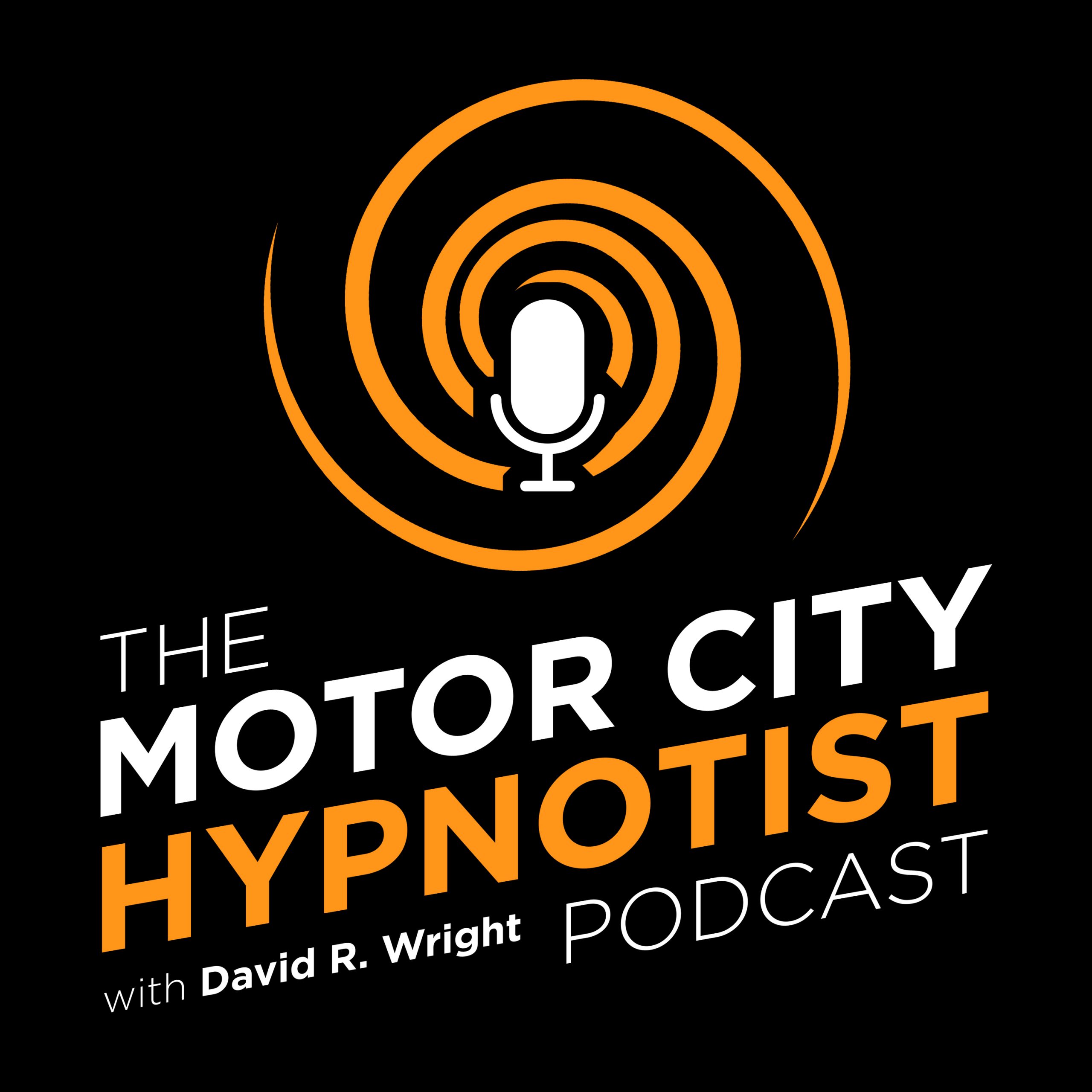Podcast: Play in new window | Download (Duration: 31:15 — 28.6MB) | Embed
Subscribe: Apple Podcasts | RSS
Psychotropic Medications, Part 2 Show Notes In this episode of the Motor City Hypnotist Podcast, we are going to talk about psychotropic medications. Their uses, types and how they can help. And I’m also going to be giving listeners a FREE HYPNOSIS GUIDE! Stay tuned! INTRODUCTION What is up people? The Motor City Hypnotist Podcast is here in the Podcast Detroit, Detroit Studios. Thank you for joining me on this episode of the Motor City Hypnotist Podcast. I am David Wright and with me is my producer Matt Fox. FIND ME: My Website: https://motorcityhypnotist.com/podcast My social media links: Facebook: https://www.facebook.com/motorcityhypnotist/ YouTube: https://www.youtube.com/channel/UCCjjLNcNvSYzfeX0uHqe3gA Twitter: https://twitter.com/motorcityhypno Instagram: motorcityhypno If you would like to contribute financially to the show, you can find me FREE HYPNOSIS GUIDE https://detroithypnotist.convertri.com/podcast-free-hypnosis-guide Please also subscribe to the show and leave a review. (Stay with me as later in the podcast, I’ll be giving away a free gift to all listeners!) TODAYS EPISODE IS BROUGHT TO YOU BY EMPOWER YOUR MIND FOR SUCCESS, A HYPNOTIC GUIDE. Available soon through Amazon or your local bookstores. WINNER OF THE WEEK; ‘Pregnant Mom Gets Hailed a Hero After Saving 4 Kids From Drowning https://www.goodnewsnetwork.org/pregnant-mom-gets-hailed-a-hero-after-saving-4-kids-from-drowning/ Psychotropic Medications, Part 2 Types of Psychotropic Medications There are five main types of psychotropic medications: antidepressants, anti-anxiety medications, stimulants, antipsychotics, and mood stabilizers. Many psychotropic medications work by adjusting the number of major chemicals in the brain. These chemicals are called neurotransmitters. Increasing or decreasing certain neurotransmitters can counter the effects of certain mental health disorders. Neurotransmitters. Neurotransmitters are the messengers that allow your brain cells to communicate with one another. Psychotropic medications are not a cure. They can only treat mental health disorders, and they are sometimes most effective when combined with psychotherapy. Types of Psychotropic Medications There are five main types of psychotropic medications: antidepressants, anti-anxiety medications, stimulants, antipsychotics, and mood stabilizers. Antidepressants are used to treat depression. SSRIs • Prozac • Zoloft • Celexa • Lexapro • Paxil SNRIs block the reabsorption (reuptake) of the neurotransmitters serotonin (ser-o-TOE-nin) and norepinephrine (nor-ep-ih-NEF-rin) in the brain. SNRIs • Pristiq • Cymbalta • Fetzima • Effexor • Wellbutrin MAIO’s (monoamine oxidase inhibitors) • Were the first class of anti-depressants to be developed in the 1950’s, rarely used today due to side-effects Anti-anxiety medications treat an array of anxiety disorders. These medications can be used to treat panic attacks, phobias, generalized anxiety, and various anxiety-related symptoms. • Benzodiazepines Benzodiazepines are sedatives that can help relax your muscles and calm your mind. Benzodiazepines help treat many kinds of anxiety disorders, including panic disorder, generalized anxiety disorder, and social anxiety disorder. • Xanax • Librium • Klonopin • Valium • Ativan Some anti-depressant medication can also help with anxiety. Anti-anxiety drugs are a schedule IV controlled substance Schedule I Heroin, LSD, PCP, Crack Cocaine Schedule II: Morphine, OxyContin, Ritalin, Adderall, Dexedrine Schedule III: Anabolic Steriods, Vicodin Schedule IV: Xanax, Ativan, Klonopin, Valium Schedule V: Cough medicine with Codeine, cold medicine, most OTC Stimulants help manage unorganized behavior. They accomplish this by improving concentration and having a calming effect. • Ritalin • Adderall • Dexedrine • Focalin • Zenzedi Adderall works by increasing dopamine and norepinephrine levels in the central nervous system. Adderall is a schedule II controlled substance Antipsychotics help manage psychosis. Psychosis describes multiple conditions that affect the mind. First Generation (1950s) • Haldol • Thorazine (discontinued in 2005) Second Generation (1990’s) • Abilify • Denzapine • Risperdal • Zyprexa • Seroquel Mood stabilizers help regulate extreme emotions. They simply help you manage your range of emotions. • Lithium • Valproate • Tegretol • Lamictal NEXT EPISODE: Change your thinking, change your life! Laugh hard, run fast, be kind. David R. Wright MA, LPC, CHT The Motor City Hypnotist
